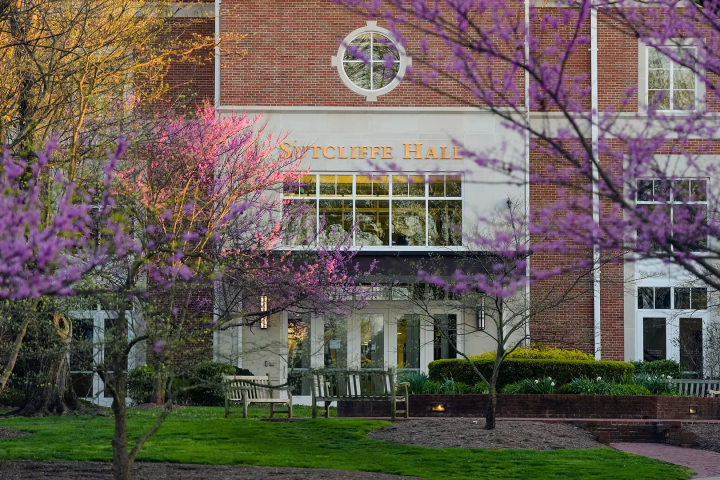by Hallie Gleeson
Last semester, Dr. Fulfer took her first sabbatical. A sabbatical is a period of paid leave granted to a university teacher or other worker for study or travel, traditionally one year for every seven years worked. Typically, professors work on projects such as research or writing a book, take on a visiting professorship, or learn a new skill. Here’s what Dr. Fulfer had to say!
What was the focus of your sabbatical?
I spent my sabbatical researching historical scientists who are often overlooked and under-represented in textbooks, with a focus on chemists and chemistry-adjacent scientists. Now I am working on curating resources on these scientists to be used in classrooms to help balance out the representation of historical scientists in chemistry courses.
What did you learn?
This project helped me rethink what I thought I knew about the history of chemistry and the scientists behind each discovery along the way. I also had the opportunity to learn so many interesting stories about these scientists as people. Did you know that Maude Menten (of the Michaelas-Menten mechanism in biochemistry) spoke 6 different languages? Or that Betty Wright Harris (inventor of the nitrobenzene spot test that TSA still uses in airports today) also created the chemistry badge for the Girls Scouts of America? How about that Elmer Imes (spectroscopist who first applied quantum mechanics to ro-vibrational spectroscopy) played a role in the Harlem renaissance? Or that Eunice Foote (first to observe and describe the greenhouse effect) also co-organized the Seneca Falls Convention? It was really amazing to think about the additional ways in which these scientists had lasting impacts on all of their communities (not just the scientific community).
What did you miss most about being at Centre? What did you not miss at all?
My sabbatical project actually took place locally, so I was around Centre most days. It was definitely strange to not go to class for a whole semester though.
What was the coolest thing that happened/you learned?
Shortly before my sabbatical began, I held an idea formulation session at a conference to get feedback about formats for curating information about historical scientists to be accessible for other science faculty. Out of that session, I ended up gaining collaborators (faculty member and a student) at St. Catherine’s University.
What would you do differently?
Nothing. My sabbatical was equal parts restful and invigorating.
What would you do on your next sabbatical?
I have no idea, and that excites me. Seven years ago I would have never thought that I would spend my first sabbatical collecting stories about historical scientists. I look forward to finding out what my path looks like in seven more years.
Is there anything else you would like to say to our readers?
This is an on-going project, and I would love student collaborators. If you know of a fascinating historical scientist whose story should be told more frequently or if you’re interested in discovering such stories, please come talk with me.

